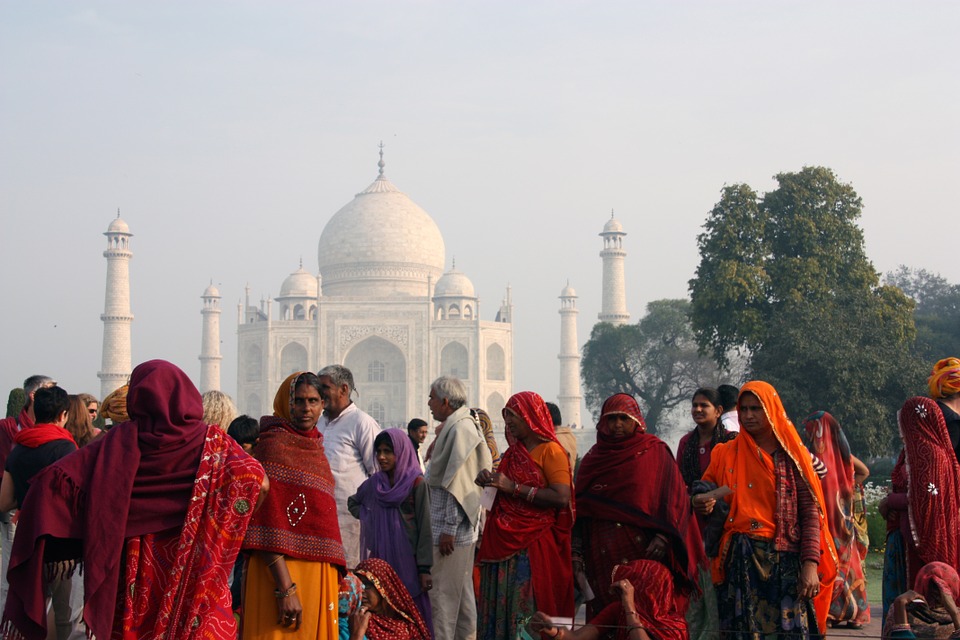Tourism can be categorized into different types depending on various factors. Domestic and international tourism are two such types, with the main difference being the type of tourists involved. Domestic tourism refers to residents of one country traveling within that country, while international tourism involves tourists traveling to different countries.
Key Takeaways
- Domestic tourism involves residents of one country traveling within the country, whereas international tourism involves tourists traveling to different countries.
- Domestic tourists do not need visas or passports and do not have to exchange currency, while international tourists need visas and passports and have to exchange currency.
- Domestic tourism redistributes a country’s money, while international tourism increases the wealth of the country.
What is Domestic Tourism?
Domestic tourism consists of residents of one country traveling within their own country. Examples include South Indians visiting the Taj Mahal or Chinese visiting the Great Wall. Since domestic tourists do not cross any international borders, they do not need visas or passports, nor do they need to convert their money into a different currency.
Many people visit different parts of their country during holidays. Domestic tourism has greater scope in large countries such as India and the U.S compared to smaller countries. The duration of the tours may vary, but domestic tourists typically spend one or a few days on tour.
Domestic tourism does not create additional income for the country, but it does boost local businesses and economies and redistributes money to new areas. It also creates new employment opportunities and allows tourists to learn more about their own culture and history.
Domestic tourists may find traveling and visiting places easier because they are more familiar with the traditions, customs, rules, and etiquette of the country.
What is International Tourism?
International tourism involves tourists traveling to foreign countries. An example of international tourism includes a Chinese tourist visiting Rio de Janeiro. Since these tourists cross international borders, they have to carry a passport and visa and exchange their money into the local currency.
An international tourist may find the local culture strange and new because they only have a basic idea about the traditions, etiquette, and rules of a country. For example, certain gestures may be considered rude in a particular region, or a certain way of dressing may be considered immodest in a certain culture. Therefore, international tourists may face some uncomfortable situations.
International tourism can be further categorized into two types known as inbound tourism and outbound tourism. Inbound tourism is when a foreigner visits a given country, and outbound tourism is when a resident of the given country visits a foreign country. For example, an Indian visiting France can be considered as inbound tourism from the perspective of France, but it is considered as outbound tourism from an Indian perspective. Inbound tourism can impact a country’s wealth since it brings in additional income to the country.
What is the difference between Domestic and International Tourism?
The main differences between domestic and international tourism can be summarized as follows:
- Meaning: Domestic tourism involves residents of one country traveling within the country, while international tourism involves tourists traveling to foreign countries.
- Visa and Passport: Domestic tourists do not need visas or passports, while international tourists need visas and passports.
- Currency exchange: Domestic tourists do not have to exchange currency, while international tourists have to exchange currency.
- Wealth of the Country: Domestic tourism redistributes the country’s money, while international tourism increases the wealth of the country.
- Knowledge of Culture: Domestic tourists know more about the traditions, rules, and etiquette of a country, while international tourists have little or no knowledge of the country’s rules, etiquette, or traditions.
